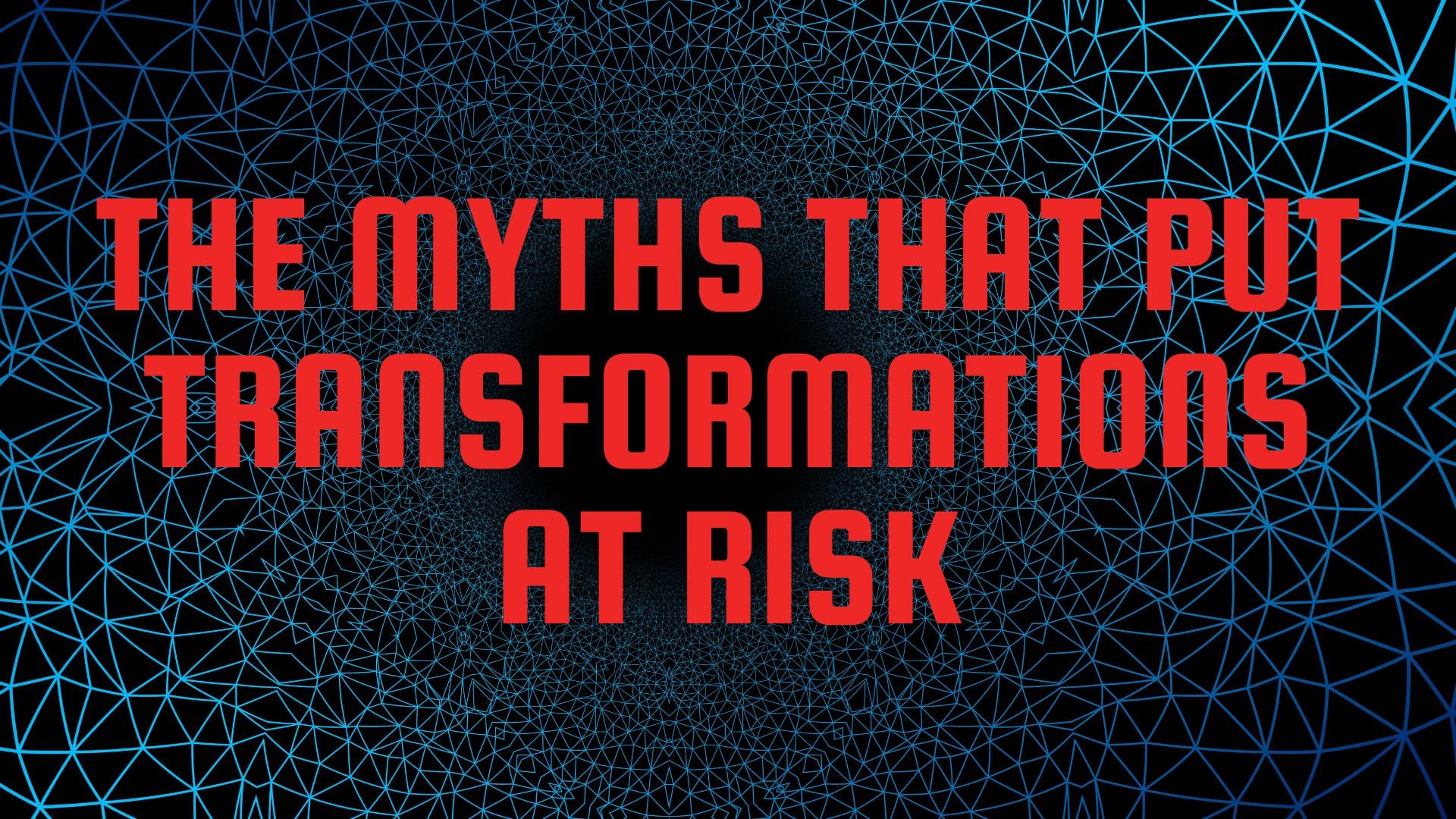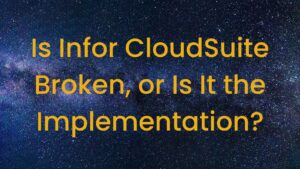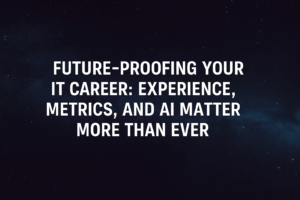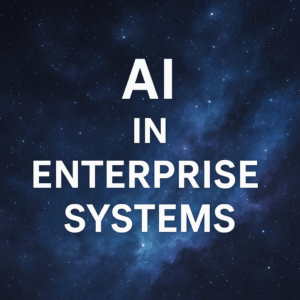If there’s one thing I’ve learned advising clients through major ERP and digital transformations, it’s this: failures and “problem projects” rarely come out of nowhere. They’re the result of misconceptions that take root early, usually before contracts are signed, and snowball throughout the program. Let’s unpack the most common myths I see, why they’re so dangerous, and how to steer clear of them.
Table of Contents
ToggleThe Cost-and-Timeline Myth
Too many ERP programs begin with an estimate that appears impressive on paper but proves disastrous in practice. Why? Because software sales cycles and optimistic assumptions often shape early numbers. Vendors tend to quote what it takes to install technology, not what it takes to transform your business.
What’s missing from those rosy estimates:
- Organizational change and user adoption
- Data migration and data quality remediation
- Integration to third-party systems
- Process redesign and future-state definition
- Realistic internal staffing (your best people are needed)
If you plan only for the tech work stream, you’ll under-budget, under-staff, and overrun. Not because anyone’s malicious, but because the scope was never fully defined.
The “Change Will Be Easy” Myth
At kick-off, teams are energized. Leaders are aligned (or appear to be). People say they’re ready. Then design sessions begin, day jobs collide with project demands, and the real changes become clear: roles shift, controls tighten, and long-standing workarounds disappear.
Resistance isn’t sabotage, it’s human. If you treat change as training and comms after go-live, you will pay for it in delays, rework, and low adoption. Change management must be designed up front to coach new ways of working, not just new buttons to click.
The Operations Technology Mismatch
I’ve seen “technically successful” implementations that still fail the business. The system works, but not with your operating model. That happens when the future state is fuzzy, local realities are ignored, or the configuration simply doesn’t support how you plan to run.
Sequence matters: define the target operating model first, then map technology to it. If those two tracks don’t line up, no amount of heroics in testing or hyper-care will save you.
The Executive Alignment Gap
If your executive team isn’t on the same page, the project won’t be either. “We want to standardize processes” sounds clear, until you define how standardized, where exceptions live, and who decides. Centralization vs. local autonomy, global design rules, data ownership, decision rights; these aren’t IT questions. They’re leadership choices that must be settled early and communicated consistently.
Without that clarity, the project team is stuck in a no-win scenario, pulled in different directions by stakeholders who all believe they’re right.
What To Do Instead: A Real Phase 0
If I could give only one piece of advice, it would be this: start with a proper Phase 0. Not a week of discovery, an actual planning phase that produces the guardrails your program will live within.
Here’s what that includes:
- Business case & outcomes: tie investment to money and time (cost down, revenue up, cycle time down, risk down).
- Future-state operating model: process standards, decision rights, and where flexibility lives.
- Change strategy: stakeholder mapping, role impacts, adoption metrics, and a plan to coach new behaviors.
- Data plan: quality, migration, governance, and early value (analytics/AI) while the build progresses.
- Integration & architecture: the full stack, not just the ERP core.
- Realistic plan & budget: internal staffing, vendor/SI scope, sequencing, and risk mitigation.
- Executive alignment: explicit decisions on standardization, autonomy, and program governance.
Phase 0 isn’t a luxury; it’s the work that prevents downstream chaos. The projects that skip it almost always pay for it later in change orders, timeline slips, and confidence erosion.
Final Thoughts & Next Steps
ERP failure isn’t inevitable. It’s preventable if you challenge the myths early and build a plan that reflects how transformation actually works.
If you want a vendor-neutral partner to run a proper Phase 0, pressure-test estimates, or align your executive team on the operating model, my team at Third Stage can help. We’re independent, tech-agnostic, and focused on outcomes you can defend.
Resources to dive deeper
- Lessons from 1,000 Digital Transformations (free eBook)
- Phase 0 checklist (what to decide before you build)
- Contact us to talk through your roadmap, change strategy, or contracts
Let’s set your program up to succeed on purpose, not by luck.






